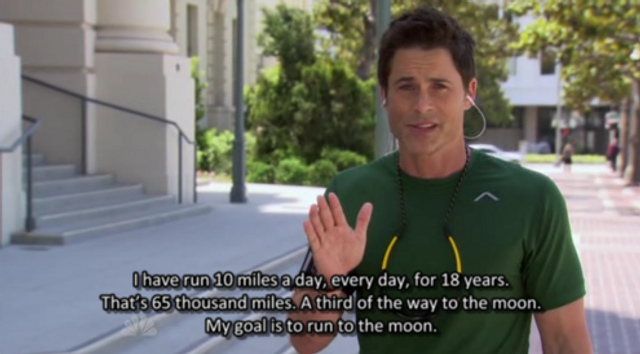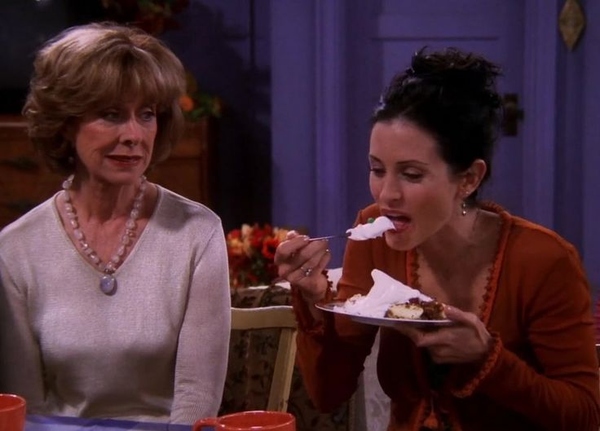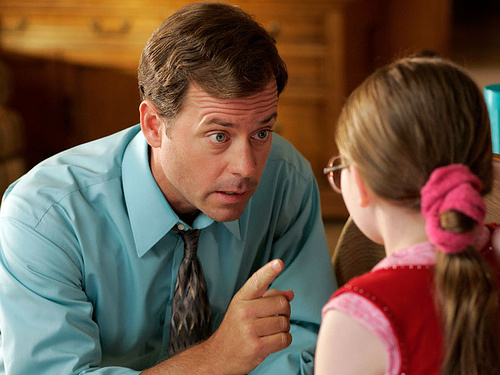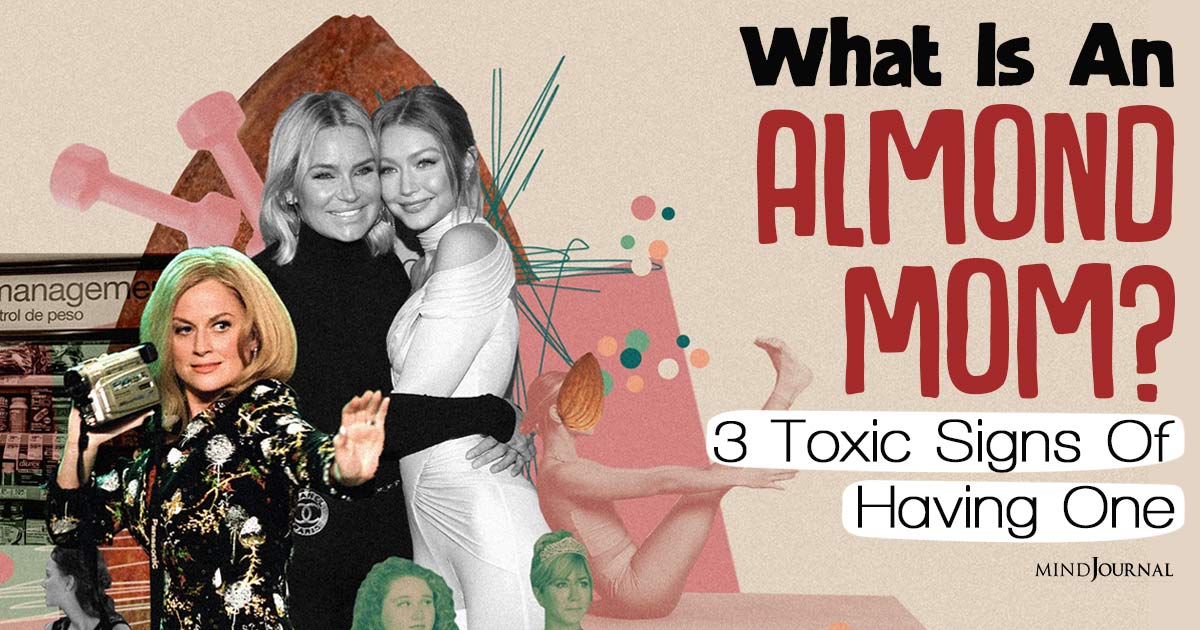There is a TikTok buzz around “almond moms”? Is it really just about diet culture, or is there more to it? Let’s dive into the complexities behind these parents’ restrictive attitudes.
What Is An Almond Mom?
If you’re wondering , “What is an Almond Mom?”, well she’s not a nut, just a mom influenced by diet culture with restrictive eating habits. She’s all about healthy eating and body image, both for themselves and their daughters.
This may also include a certain level of preoccupation with fitness. However, this inclination tends to lean towards excessive involvement.
The Almond Mom trend exploded on TikTok when an old clip from “The Real Housewives of Beverly Hills” resurfaced. It featured a young Gigi Hadid expressing weakness after eating an almond, sparking conversation.
Read more here: The Helicopter Technique Metaphor: 10 Useful Options For Navigating Difficult Conversations
What Are The Signs of an Almond Mom?
1. Strict Dietary Restrictions
Almond Moms are often characterized by their strict dietary rules. They may restrict their child’s intake of certain foods, often cutting out entire food groups, in pursuit of what they believe to be the healthiest diet.
Popular Culture Example: In the TV series “Parks and Recreation,” the character Chris Traeger (played by Rob Lowe) exemplifies this obsession with health and wellness. He’s known for his over-the-top devotion to a strict diet and exercise regimen.

2. Constant Monitoring
Almond Moms tend to closely monitor their child’s food intake. They may meticulously count calories, scrutinize ingredient lists, and use food tracking apps to ensure their child is eating “clean.”
Popular Culture Example: In the classic TV series “Friends,” Monica’s mother Judy Geller displays traits of an Almond Mom by obsessively monitoring her daughter’s life and trying to control what she does.

This behavior adds a humorous element to the show, showcasing the dynamics of a typical Almond Mom-child relationship in a comical way.
3. Anxiety Over “Unhealthy” Foods:
Almond Moms often express anxiety or guilt when their child indulges in what they perceive as “unhealthy” foods. This can lead to a tense atmosphere around mealtime.
Popular Culture Example: The film “Little Miss Sunshine” features a character named Richard Hoover (played by Greg Kinnear) who embodies the idea of constantly monitoring his daughter’s diet, making sure she adheres to her strict beauty pageant regimen.

Read more here: How Toxic Mothers Are Created: Understanding The Journey To Abusive Motherhood
How Parents Can Help Children Who Struggle With Disordered Eating:
1. Open Communication: Create a safe space for open and non-judgmental communication. Encourage your child to express their feelings and concerns about food and body image.
Popular Culture Example: The Netflix series “To the Bone” offers insights into the importance of communication in addressing eating disorders. The film emphasizes the value of honest conversations within families.
2. Seek Professional Help: If you suspect your child is struggling with disordered eating, don’t hesitate to seek professional help. Registered dietitians, therapists, and counselors with expertise in eating disorders can provide valuable guidance.
Popular Culture Example: The TV show “Shameless” explores the character Fiona Gallagher’s journey through disordered eating, highlighting the significance of professional support in her recovery.
3. Promote Body Positivity: Encourage a positive body image and self-acceptance. Help your child understand that their worth is not solely determined by their appearance.
Popular Culture Example: The movie “Dumplin’” portrays a young woman’s journey toward body positivity. It can serve as an inspiration for parents aiming to foster self-esteem in their children.
Takeaway From The “Almond Mom TikTok Trend”
The Almond Mom TikTok trend might have a humorous ring to it, but the reality of disordered eating and its impact on children is no laughing matter.
Parents should strive for a balanced approach to nutrition and health while being vigilant about the signs of disordered eating.
By maintaining open communication, seeking professional help when needed, and promoting body positivity, parents can put an end to the almond mom trend and navigate the challenges of parenting in an era of health-consciousness.
This will ultimately help children to thrive in a balanced and nourishing environment.
Read more here: Are You Dealing With A Narcissistic Mother? 10 Narcissistic Mother Symptoms You Should Look Out For
Share your thoughts in the comments below!










Leave a Reply